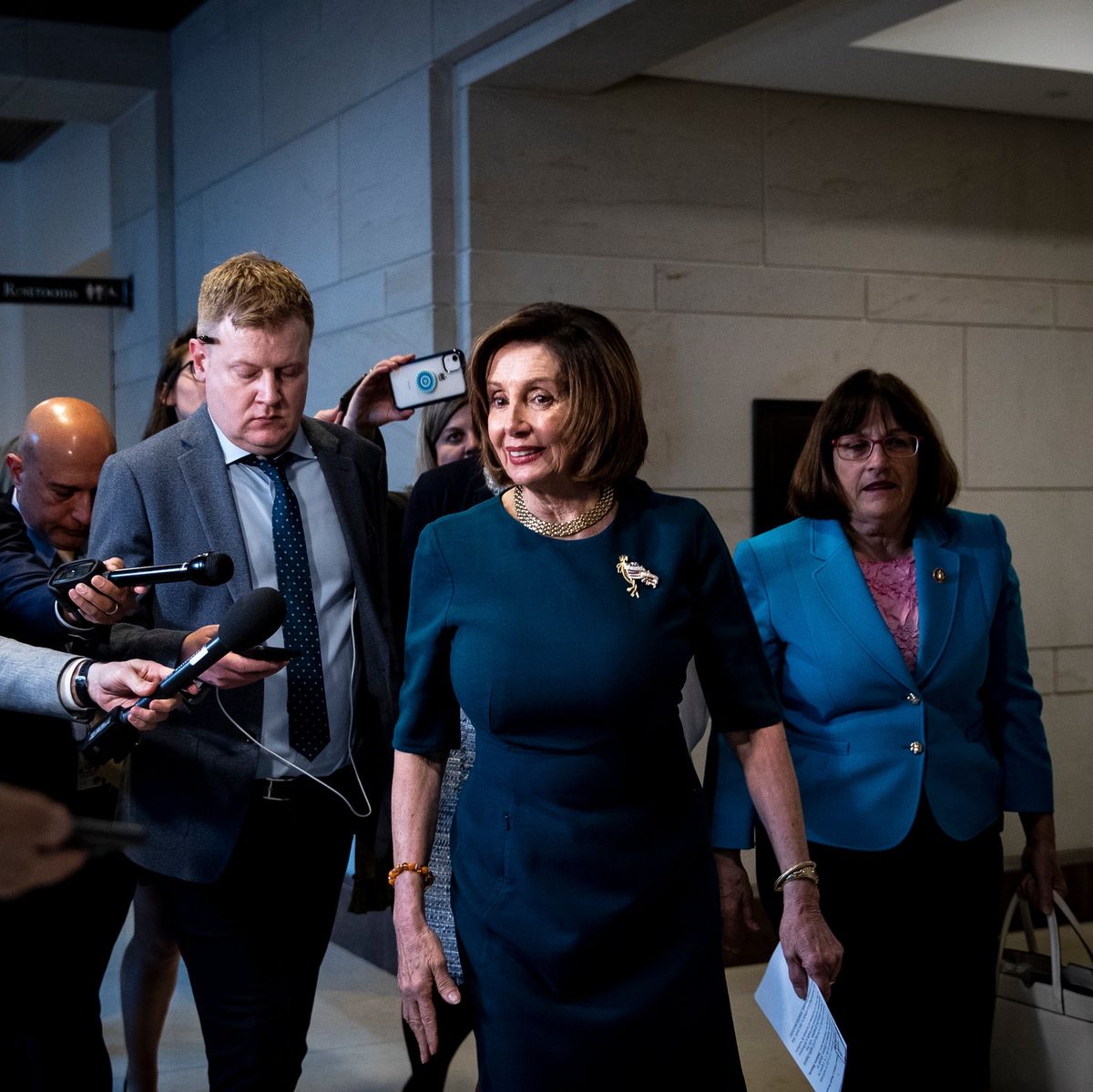US set to pass aid package, stocks soar in response

A few minutes every morning is all you need.
Stay up to date on the world's Headlines and Human Stories. It's fun, it's factual, it's fluff-free.
On March 24, officials from the United States Congress and the White House announced the preparation of the final details on a nearly US$2 trillion aid package to help Americans during the novel coronavirus (SARS-CoV-2) pandemic. It is expected to be enacted within days.
The deal comes after days of heavy disagreements over the details of the bill hindered earlier efforts in getting it passed, with Republicans initially offering a smaller package and Democrats countering with larger cash payments to Americans, expanded unemployment benefits and increased assistance to hospitals.
During the negotiations, each party accused the other of drafting a bill that sought to include partisan commitments. Democrats accused Republicans of catering to business, while Republicans said Democrats were too focused unrelated matters, like the environment and student loans.
Despite the differing views, both Senate Majority Leader Mitch McConnell, a Republican, and Speaker of the House Nancy Pelosi, a Democrat, agreed that the virus was an unprecedented public threat that warranted urgent action.
McConnell characterized the virus as “the most serious threat to Americans’ health in over a century and quite likely the greatest risk to America’s jobs and prosperity that we’ve seen since the Great Depression,” while Pelosi emphasized the need to rebuild the country’s healthcare system and “take bold action to protect workers and small businesses.”
Package details
The deal, while not officially passed, looks set to include a host of economic relief policies, including US$1,200 checks to every American, including US$3,000 for a family of four, US$600 per week in added unemployment benefits up to four months, and US$350 billion set aside for small businesses to help them keep payroll.
As for healthcare, the deal would require insurers cover coronavirus preventative services without cost-sharing, give US$75 billion to support hospitals in coping with increased demand, and set aside US$4.5 billion for the Centers for Disease Control and Prevention (CDC). If passed, the deal would be the largest economic stimulus bill in US history.
Stocks react strongly
By the end of the trading day, the Dow Jones, the most popular stock market index, rose over 11% while the S&P 500, another top index, leaped over 9%.
In all, it was the Dow Jones’s best single trading day since 1933. Over recent weeks, markets have been fluctuating wildly, with several trading days this month being the worst since the crashes of 1987 and 2008.
[article_ad]
Have a tip or story? Get in touch with our reporters here!




Comments ()